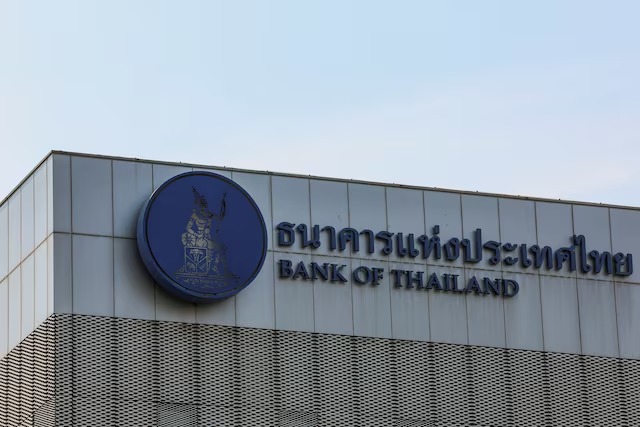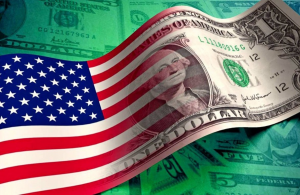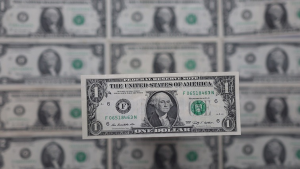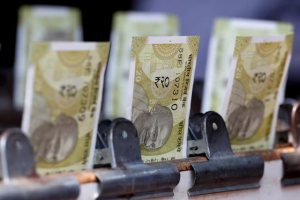Thailand's central bank said on Thursday it would supervise non-bank providers of hire-purchase and leasing for cars and motorcycles from December, with the firms required to decide early in 2026 if they will continue to operate under new rules. The supervision of the group, which is an important source of funding in the economy, will create more fairness for service users and reduce household debt, Bank of Thailand senior director Pirajit Padmasuta told a news conference.
At the end of 2024, outstanding transactions in the auto leasing and hire-purchase sector amounted to 1.6 trillion baht ($49.2 billion), with about one-third conducted by non-bank operators who currently lack a specific regulator, the BOT said. Pirajit said the more than 3,000 non-bank providers would be required to report to the central bank three months before it starts formal supervision on December 2, and they could operate as normal during a transition period as the BOT develops new rules for the sector. Three months after official supervision begins, the firms will be required to decide if they will continue under the new regulatory environment or stop operating. The move comes as banks have already tightened lending for autos due to high household debt, which was 16.4 trillion baht ($506 billion) at the end of last year, or 88.4% of gross domestic product, among the highest ratios in Asia.
Domestic car sales rose slightly in April from a year earlier, the first rise in 23 months. Thailand is Southeast Asia's biggest autos production centre and an export base for some of the world's top carmakers, including Toyota (7203.T), opens new tab, Honda (7267.T), opens new tab and China's BYD ($1 = 32.52 baht)













